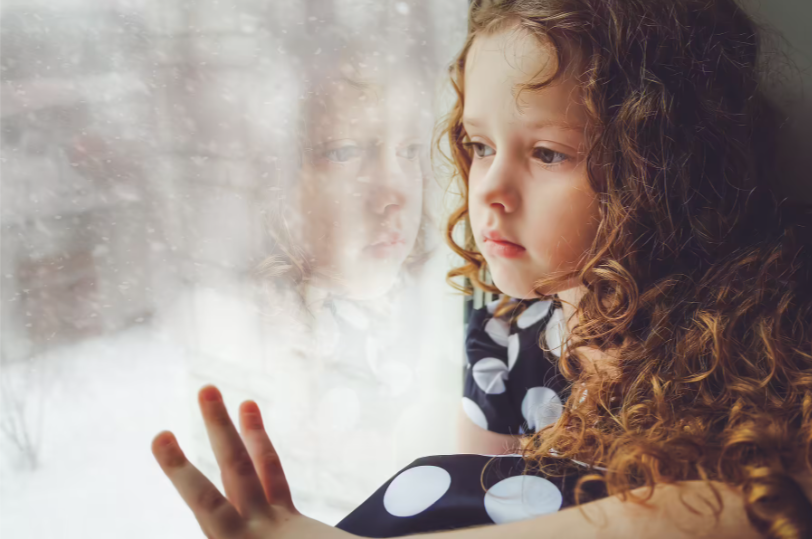1,858.
That’s how many individuals YWCA Cambridge’s community-based violence prevention programming reached in 2022.
The organization saw a 70% increase in requests from school administrators, educators, child and youth workers and caregivers to deliver gender-based violence (GBV) prevention programs to students since the onset of the pandemic. The demand far exceeds capacity, which has led to a waitlist of hundreds of students in need of programming and supports.
Why the increase in demand?
This is the fallout of two years of disruptions to learning, of isolation and increased instances of family violence and breakdown, as well as increased community violence. According to the Children and Youth Planning Table (CYPT) 2021 Youth Impact Survey Report, it’s Cambridge youth faring the worst among Waterloo Region youth.
Based on the Canadian Index of Child and Youth Well-Being, a framework developed by UNICEF Canada, the CYPT Youth Impact survey seeks to measure child and youth wellbeing.
The 2021 survey found that youth residents of Cambridge experienced drastically lower levels of community belonging than surrounding communities, with a 19.3 percentage point difference between respondents from the Townships (73.8%) and those from Cambridge (54.5%).
Cambridge youth also felt the least supported by family (63.7%) versus youth in Kitchener (65.9%), Waterloo (76.7%) and the townships (75.9%). Other data points showed Cambridge youth have lower perceptions of their own mental health and experience higher rates of housing insecurity and hidden homelessness.
The kids are not ok.
Waterloo Region school staff are reporting a dramatic increase in sexual harassment, violence, bullying, racism and homophobia in the classroom and current school supports are stretched too thin to respond to this crisis.
YWCA Cambridge has hopes of meeting the increased needs of children and youth in the community and are actively raising funds to expand their community programming in 2023.
“It’s a hard sell, getting folks to invest in prevention work because the outcomes aren’t always immediately obvious or quantifiable,” said YWCA Cambridge CEO, Kim Decker.
“But we have the data from our 11 years of providing violence-prevention programming. We’ve seen dramatic increases in feelings of connectedness, of wellbeing, confidence and resilience among participants in our programming. That’s why, as child and youth wellbeing is being challenged, demand for our programming is increasing.”
The YWCA has a goal of raising $10,000 by the end of the year to address the waitlists of children and youth waiting to access programming.
“We know our work changes lives,” said Decker.
“And with the support of our community, we can change the conditions that give rise to these forms of violence in the first place.”
To learn more and donate, visit them online here.
